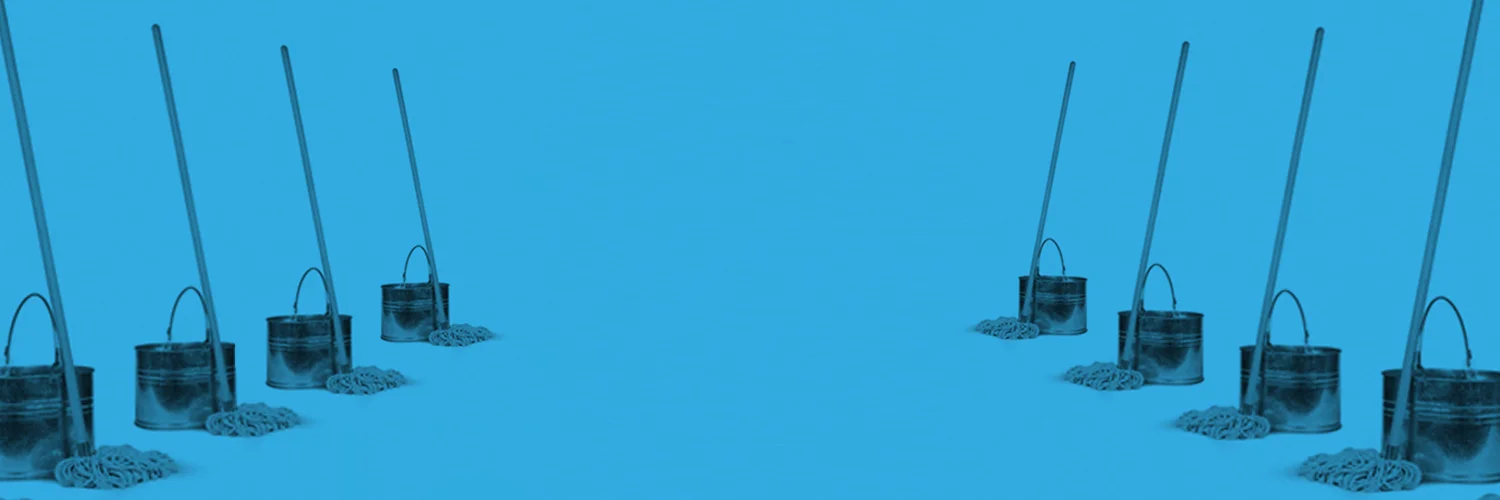Next week the government are going to announce their new employment rights bill, something they promised within their manifesto. Within the raft of measures, it is rumoured that ‘waiting days’ associated with Statutory Sick Pay will be removed. No idea what I am talking about? Nor did I, before joining Clean for Good. It probably means, like me, you have never had to worry about sick pay in your job.
Grab a cuppa and let’s dive into the detail on all things Statutory Sick Pay (SSP). It’s more interesting than you might think! SSP is the minimum pay that employers have to pay staff when they fall ill. Currently it is £116.75 per week, or £23.35 per day, (so just over £3 per hour). You are only entitled to SSP if you earn a certain amount per week, more than £123 AND if you have been ill for more than 3 consecutive days. So, for the first 3 days you are off ill you get paid nothing. And it’s these 3 days that are known as ‘waiting days’. Still with me?
Many (perhaps all?) of us will never have come into contact with ‘waiting days’. We have worked for good employers who have decided to run their own ‘Occupational Sick Pay’ scheme. These schemes go above and beyond SSP, often considerably so, and will pay staff (rightly) for every day they are off sick and most of the time at full pay. This is a wonderful benefit. In over 20 years of working, I have never had to worry about being off sick.
So, what’s the issue? Well, picture a multi-storey building in the heart of London, every floor filled with different companies, lawyers, charity workers, insurers, bankers, engineers and more. One of the lawyers catches a bug and his lovely HR team tell him to go home, rest up and only come back when he is fully recovered. The lawyer agrees and after 2 days of bed, Netflix, and chicken soup he comes back to work, rested and recovered. Unfortunately, though, the bug has spread, and it takes down other members of the office and also Carol, the cleaner, who came to clean the building that evening.
Carol is on SSP and is confronted with the reality of these ‘waiting days’. Does she stay at home and get paid nothing for 2 days or turn up to work ill. Terrible choice made worse by the fact that Carol earns less than the real living wage. Two days off genuinely puts at risk her ability to pay her mortgage, her bills and more. It’s not really a choice, she goes to work.
As we take this further and begin to imagine Carol having to go to hospital and being forced off for a week earning just £46.70, what then? Lots of us, I suspect, would begin to struggle with our bills and payments that month. And maybe you could scramble through for a month, but after 10 years of the same thing? It’s like a repetitive kick to the face and it’s the horrible reality for Carol and thousands of cleaners, security guards, and others in low paid professions across the UK
So, if the Labour government scrap ‘waiting days’ next week we will of course welcome it, whilst at the same time not pretending that getting by on £23.35 SSP per day, is anywhere near adequate.
At Clean for Good we are one of the very few cleaning companies (and to date I have not come across any in London including some of the real biggies in the market) who run our own occupational sick pay scheme. From day 1 if cleaners are off sick, at Clean for Good, they are paid in full.
One of the joys in the last couple of years was taking on a team of new cleaners from another cleaning company (this happens at the point that you take over a cleaning contract) and seeing one of our new cleaners, eyes bulging as we explained to her that CFG has its own sick pay scheme. She stopped me mid-sentence and exclaimed…What, you will pay me if I am sick? To which I replied Yes, we will! She had been a cleaner in London for over 15 years surviving on SSP.
If you’re not sure what your employer pays you when you go off ill, you will find the policy lurking somewhere in the depths of your staff handbook. Do go and check it out, and if you are part of an organisation that has its own sick pay scheme go and encourage your HR team and tell them they are all wonderful today!
Find out more?
The centre for progressive change is running a national campaign on sick pay. If you want to find out more on the whole area of sick pay. Check the campaign out here.








